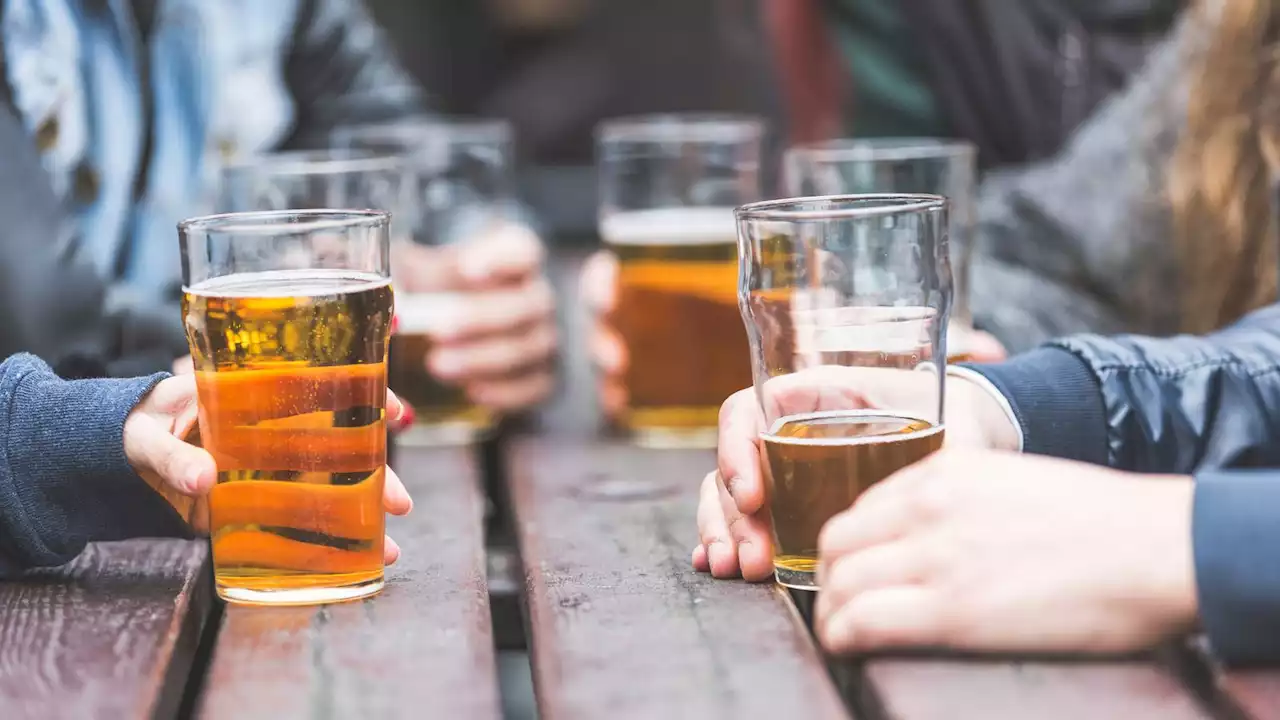In a recent study published in the Scientific Reports, a group of researchers evaluated the efficiency, therapeutic efficacy, and patient perceptions of a custom robotic system for transcranial magnetic stimulation (TMS) coil placement in treating depression compared to traditional manual methods.
Background TMS is a non-invasive method that uses magnetic fields to target brain neurons. Particularly in treating depression with repetitive TMS , it is vital to focus on specific brain regions, such as the left dorsolateral prefrontal cortex which exhibits reduced activity in depressed patients.
In response, an innovative robotic rTMS model was created, featuring a serial arm with a spherical mechanism. This design prioritized safety and efficient movement around the brain. The advanced version of this robot had a wider workspace, larger payload, and better system stability, all tailored for stimulating the prefrontal cortex.
Given that patients might move during the 20-minute treatment, the robot was designed to anticipate and adjust to these movements, ensuring precise coil positioning. Further, patients diagnosed with major depressive disorder were recruited, and out of the initial fifteen, fourteen were assigned to either the robotic or manual rTMS group. The study adhered to ethical guidelines, and all participants provided informed consent.
The team designed two experiments comparing manual and robot-assisted adjustment methods. The first experiment evaluated the precision and speed with which the coil reached its target region in the cortical area. Findings from this experiment revealed that the manual method took almost double the time as the robot-assisted method.
Danmark Seneste Nyt, Danmark Overskrifter
Similar News:Du kan også læse nyheder, der ligner denne, som vi har indsamlet fra andre nyhedskilder.
 CN Bio appoints Dr. Tomasz Kostrzewski as Chief Scientific OfficerCN Bio, a leading Organ-on-a-Chip (OOC) company that designs and manufactures single-and multi-organ microphysiological systems (MPS), today announced the appointment of Dr. Tomasz Kostrzewski as Chief Scientific Officer.
CN Bio appoints Dr. Tomasz Kostrzewski as Chief Scientific OfficerCN Bio, a leading Organ-on-a-Chip (OOC) company that designs and manufactures single-and multi-organ microphysiological systems (MPS), today announced the appointment of Dr. Tomasz Kostrzewski as Chief Scientific Officer.
Læs mere »
 Cities: Skylines 2 is getting the science of hailstorms all wrongMy icy heart calls for more scientific accuracy!
Cities: Skylines 2 is getting the science of hailstorms all wrongMy icy heart calls for more scientific accuracy!
Læs mere »
 Drinking alcohol does not actually make people look more attractive, study suggestsWhile some argue intoxication makes others seem more attractive, a new study suggests this is not the case. Instead, drinking alcohol makes people more likely to approach someone they already find attractive, according to the researchers.
Drinking alcohol does not actually make people look more attractive, study suggestsWhile some argue intoxication makes others seem more attractive, a new study suggests this is not the case. Instead, drinking alcohol makes people more likely to approach someone they already find attractive, according to the researchers.
Læs mere »
 Alcohol gives 'Dutch courage' but not 'beer goggles', study findsStudy overturns conventional wisdom that alcohol makes other people seem more attractive
Alcohol gives 'Dutch courage' but not 'beer goggles', study findsStudy overturns conventional wisdom that alcohol makes other people seem more attractive
Læs mere »
 Study finds evidence of SARS-CoV-2 exposure in many patients with postviral syndromeResearchers investigated immunologic and clinical findings indicative of SARS-CoV-2 exposure among individuals with postviral syndrome.
Study finds evidence of SARS-CoV-2 exposure in many patients with postviral syndromeResearchers investigated immunologic and clinical findings indicative of SARS-CoV-2 exposure among individuals with postviral syndrome.
Læs mere »
 Study finds that germline-encoded specificities cannot always predict the trajectory of B-cell responsesResearchers used computational simulations and experiments to investigate how genetic variations encoded in the germline impact B-cell responses.
Study finds that germline-encoded specificities cannot always predict the trajectory of B-cell responsesResearchers used computational simulations and experiments to investigate how genetic variations encoded in the germline impact B-cell responses.
Læs mere »
